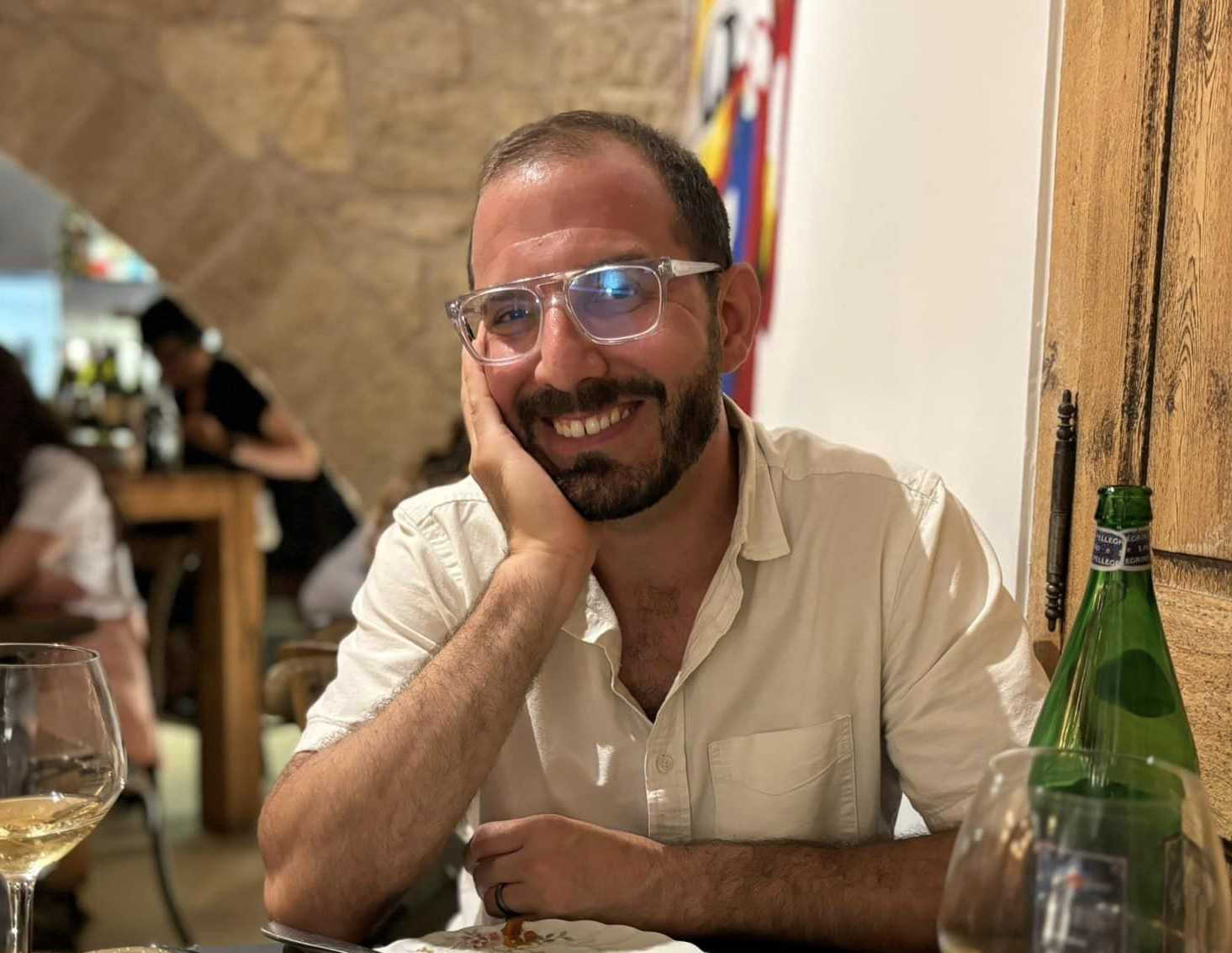"Marx, Moles, and Mars"
In a speech in London on April 14, 1856, Karl Marx would describe the failed Revolutions of 1848 as “small fractures and fissures in the dry crust of European society. However, they denounced the abyss. Beneath the apparently solid surface, they betrayed oceans of liquid matter, only needing expansion to rend into fragments continents of hard rock.” Marx elaborates a subversive vision of geology, an imagination of revolution as the bubbling up of planetary forces. Marx would sometimes hazard a furry figure for this uprising, the mole (“the old mole that can work in the earth so fast, that worthy pioneer”). The mole asks us to consider the interpenetration of soil and politics, or the dialectic between the Earth and capitalist society. This paper tracks Marx’s burrowing analysis from the Revolutions of 1848 through the Earth Systems Science (ESS) arising from twentieth century space exploration to contemporary science fiction. It looks at the fantasy of terraforming—transforming other planets to support human life—in writers such as Kim Stanley Robinson, Adrian Tchaikovsky, and Analee Newitz. And it asks: how can these extraterrestrial speculations help us imagine an environmentally just, post-capitalist society here on Earth?
Christian Haines is a professor of English at Penn State University. He’s the author of the book A Desire Called America: Biopolitics, Utopia, and the Literary Commons (Fordham U Press, 2019). He’s published a number of essays on literature and critical theory, appearing in journals such as Cultural Critique, Textual Practice, symplokē, and the minnesota review, as well as in edited volumes, most recently, Ahab Unbound: Melville and the Materialist Turn (U of Minnesota Press, 2022). He’s the Associate Editor of the journal Utopian Studies. He’s currently working on a book on capitalism, planetary ecology, and speculative fiction, entitled Fear of a Red Planet. You can find his non-academic writing on science fiction and video games in venues such as Strange Horizons, Reactor Magazine, and the Los Angeles Review of Books.
In August of 2022, Scientific American magazine opined that “This Hot Summer is One of the Coolest of the Rest of Our Lives.” This attitude also animated a popular meme. In the original scenes from The Simpsons, Bart laments that he is having the worst day of his life and Homer comforts him by reminding him that it is merely the worst day yet. The meme turns Bart’s complaint into an apt quip about the Anthropocene. “This is the hottest summer of my life,” says Bart. “This is the hottest summer of your life so far,” Homer replies. And indeed, as predicted, the summer of 2023 was hotter than the year before.
The Simpson meme’s despairing pessimism would seem to mark the end of the longstanding attitude that has motivated so much environmental activism: the future of life on Earth must be saved and we have only narrow window of time to save it. In this drama of rescue, the future is already known. If we succeed in implementing policy changes to stop the production of fossil fuel emissions, then the future is this, but better. Realistically, and increasingly commonly, it is this, but worse. Neither option admits of a future that is not yet known or is radically discontinuous from the present.
For speakers in this lecture series, current practices and their effects on the future are far stranger than such a scenario allows. From hormone dispersion in the waterways to de-extinction technologies, the speakers in the Planetary Futures series tell stories of the weird critters that might emerge from the strange chemical soups of the present, they consider the odd feelings that come from such uncertain futures, and they interrogate the colonial histories, neoimperial presents, and sexual and racial metaphysics that underpin, distort, reject, and reimagine the notion of futurity as such. Drawing on theories of queer temporality, Black studies, postnatural aesthetics, and feminist science, our speakers consider the planet from the speculative vantage of its potential future inhabitants, rather than from the abstraction life, to highlight the tangle of relations at stake in every imagining of the planet.


